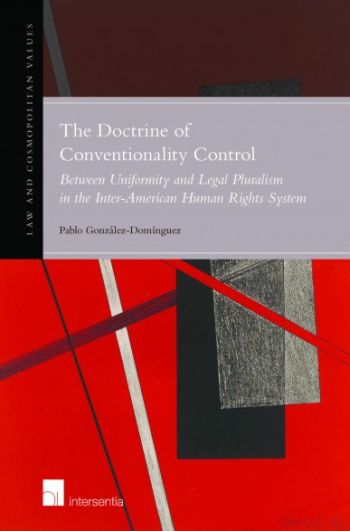
The creation of the doctrine of conventionality control is one of the most recent and ambitious efforts undertaken by the Inter-American Court of Human Rights. Its purpose is to increase the effectiveness of and compliance with the Inter-American Corpus Juris in the States parties to the American Convention on Human Rights (ACHR). It is an international obligation of all State parties to interpret any national legal instruments (including the constitution, laws, decrees, regulations and jurisprudence) in accordance with the ACHR and with the Inter-American Corpus Juris more generally.
This book is the first, in English, that approaches conventionality control from an analytical, critical and normative perspective. The author applies the principle of subsidiarity as a theoretical framework to argue the legality of and clarify conventionality control as an international legal norm. This innovative approach explains the normative foundations and effects of the doctrine in a manner that increases the effectiveness of the ACHR and the decisions of the Inter-American Court, whilst also respecting the legitimate freedom of States in the way they implement international human rights law at a domestic level.
This approach to conventionality control respects the objectives of this doctrine, whilst also maintaining the institutional integrity of the Inter-American Court, increasing judicial dialogue among different jurisdictions, and effectively contributing to the creation of a jus commune for the region.
Coinciding with the 40th anniversary of the ACHR coming into force, The Doctrine of Conventionality Control is an important contribution to the literature on the application of the ACHR in the State parties. It is a book for everybody interested in, involved with or affected by the implementation of the ACHR.